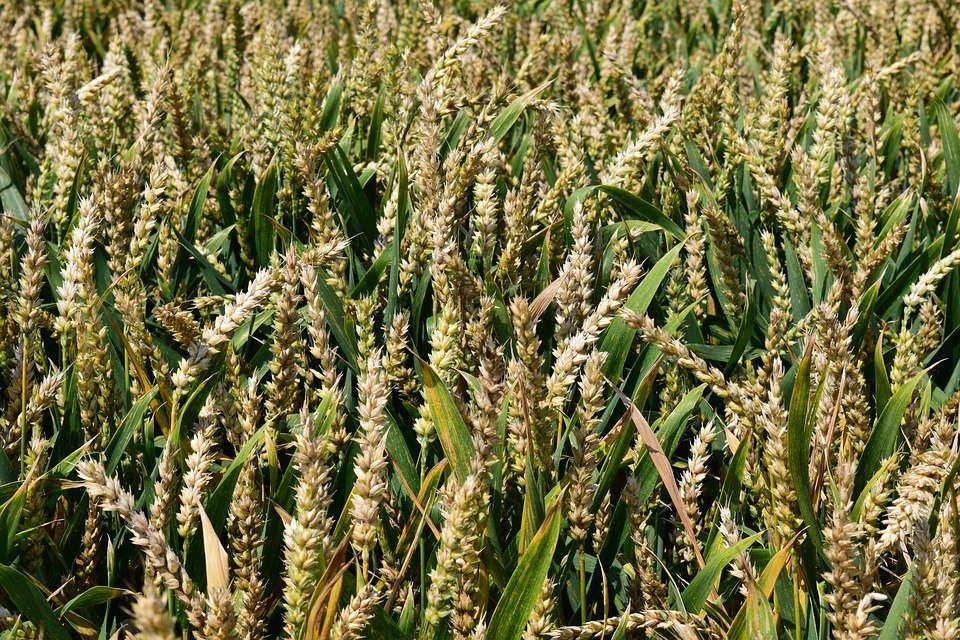Inside BENEO’s new pulse plant: pioneering sustainable protein from faba beans
National Agri-Food Biotechnology Institute, an autonomous body of Ministry of Science and Technology has signed MoU with Ludhiana based Bonn Food Industries to promote coloured wheat with antioxidant qualities beneficial for control of diabetes, cholesterol and obesity.
The cross between high yielding Indian cultivars and colored wheat procured from Japan and America is as rich in anthocynanins as blueberries and high in zinc.
“Biochemical, cell lines based and mouse model studies on this wheat variety showed good antioxidant activity, anti-inflammatory activity, reduced obesity (high fat diet induced), helped in reduction of blood glucose and cholesterol levels, and formed good quality bakery products,” NABI scientist, Monica Garg instrumental in developing new seed of stable said to ET.
“NABI has signed MOU with Bonn group of industries that will be making healthy products from the colored wheat and other talks are on with other baking and milling companies,” she added. It has been developed by routine way of plant breeding by crossing high yielding Indian cultivars PBW550, PBW621, HD2967 with colored wheat procured from Japan and America, she said.
Developed over a period of seven-years, the colored wheat products have been protected by filing patent. Besides this material has been registered with National Bureau of Plant genetic resources (NBPGR) and plant variety protection and farmers rights authority (PVPFRA). She said that the wheat is rich in anthocyanins- a pigment that can impart health benefits similar to fruits like blueberries.
Anthocyanins can act as antioxidants that remove free radicals from the body and help in prevention of cardiovascular diseases, diabetes, inflammation, cancer, obesity and aging. Anthocyanin rich colored wheat developed at NABI also has enhanced Zinc content -one of the most deficient micronutrients in the developing countries.
“The yield of coloured wheat compared to normal varieties would rise to 17 quintals per acre against normal 20 quintal per acre,” she said. “It would earn more remuneration to farmers due to health benefits,” she added. It has been developed by wheat cultivations in both the seasons. In the normal winter season, the crop was sown in the farms of NABI, Mohali, while in the summer season crop was sown at Kelong, LahualSpiti and Himachal Pradesh.

